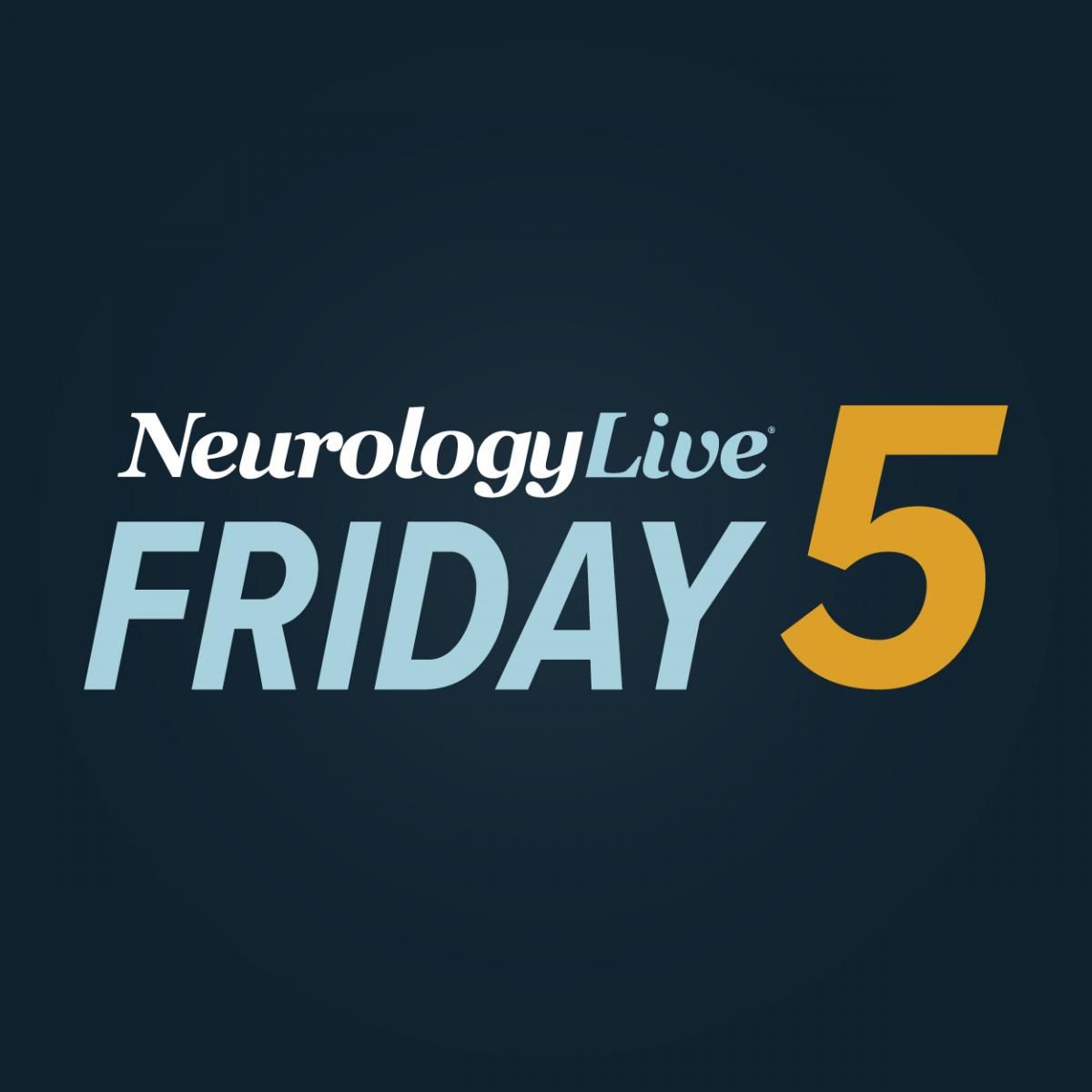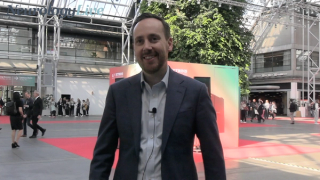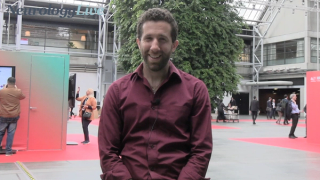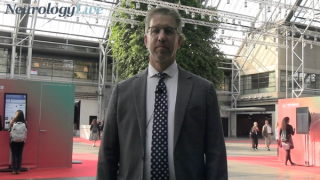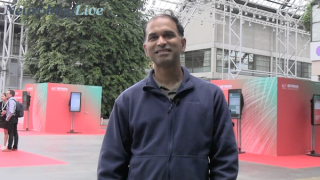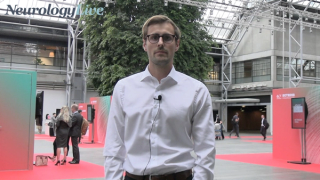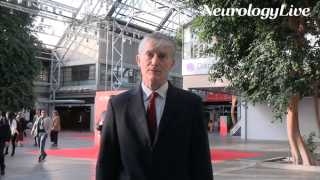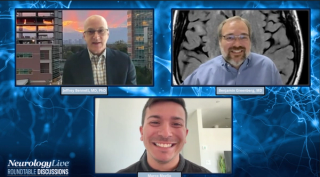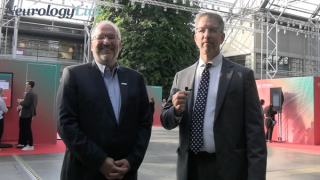
MS and Demyelinating Disorders
Latest News

Latest Videos

CME Content
More News
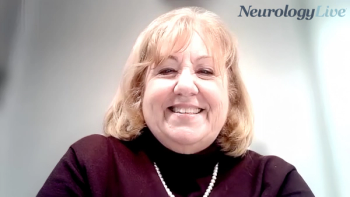
The manager of the BARLO MS education program at St. Michael's Hospital highlighted the significance of recognition, the pivotal role of nurses in multiple sclerosis care, and the lasting impact of mentorship and advocacy. [WATCH TIME: 5 minutes]
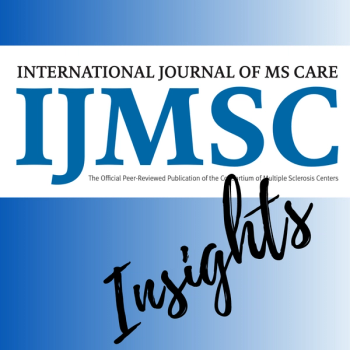
A new feature, in collaboration with NeurologyLive® and the International Journal of MS Care, brings perspectives from both the research and clinical community on women’s brain health as a subspecialty in neurology.

Here's some of what is coming soon to NeurologyLive® this week.

Take 5 minutes to catch up on NeurologyLive®'s highlights from the week ending December 6, 2024.

A feature on NeurologyLive®, IJMSC Insights offers a look at the data around abuse among patients with MS—which paint a clear and troubling picture.
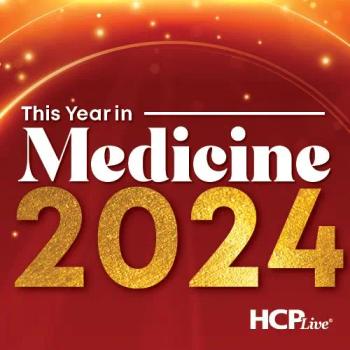
Perspective from neurologists on the current and future applications for artificial intelligence across a bevy of neurologic conditions.

Catch up on any of the neurology news headlines you may have missed over the course of November 2024, compiled all into one place by the NeurologyLive® team.
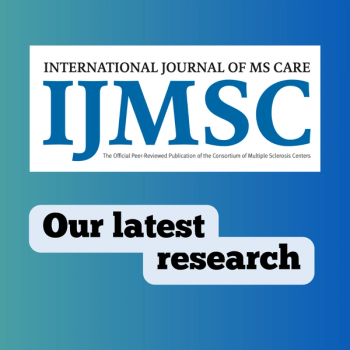
Here's the latest multidisciplinary multiple sclerosis (MS) research from the International Journal of MS Care.

Here's some of what is coming soon to NeurologyLive® this week.

Take 5 minutes to catch up on NeurologyLive®'s highlights from the week ending November 29, 2024.

A recent multicenter study showed that dried blood spot testing for neuromyelitis optica spectrum disorder provided high accuracy and practicality in resource-limited settings.
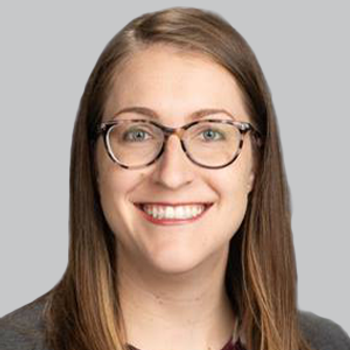
A new study revealed stark racial and socioeconomic disparities in pediatric neuromyelitis optica spectrum disorder outcomes, underscoring the need for targeted interventions.

When looking at the intersection of MS and domestic abuse, one can find hidden challenges and a need for innovative efforts to support vulnerable patients and survivors.

Here's the latest multidisciplinary multiple sclerosis (MS) research from the International Journal of MS Care.

Here's some of what is coming soon to NeurologyLive® this week.

Take 5 minutes to catch up on NeurologyLive®'s highlights from the week ending November 22, 2024.

The multicenter, 24-week study will feature 20 patients with MG, testing changes on MG-ADL as well as several other secondary outcomes, including patient-reported assessments.

Here's the latest multidisciplinary multiple sclerosis (MS) research from the International Journal of MS Care.

Take 5 minutes to catch up on NeurologyLive®'s highlights from the week ending November 15, 2024.

In a longitudinal study lasting 2 years, impaired test performance in semantic fluency and congruent speed were observed in patients with MOGAD relative to healthy controls.

The phase 1 study, which is currently recruiting, includes a 4-week screening period, a 52-week treatment period, and a 4-year long-term extension to continue to test the effects of HG202.

A feature on NeurologyLive®, IJMSC Insights offers a look at the data around abuse among patients with MS—which paint a clear and troubling picture.

Here's the latest multidisciplinary multiple sclerosis (MS) research from the International Journal of MS Care.

Catch up on any of the neurology news headlines you may have missed over the course of October 2024, compiled all into one place by the NeurologyLive® team.

Test your neurology knowledge with NeurologyLive®'s weekly quiz series, featuring questions on a variety of clinical and historical neurology topics. This week's topic is on PIRA (progression independent of relapse activity) in multiple sclerosis.




